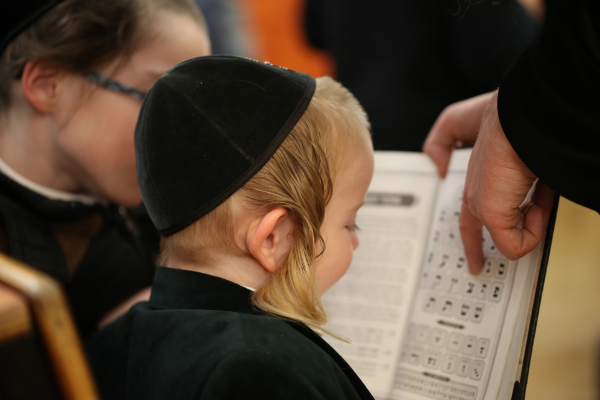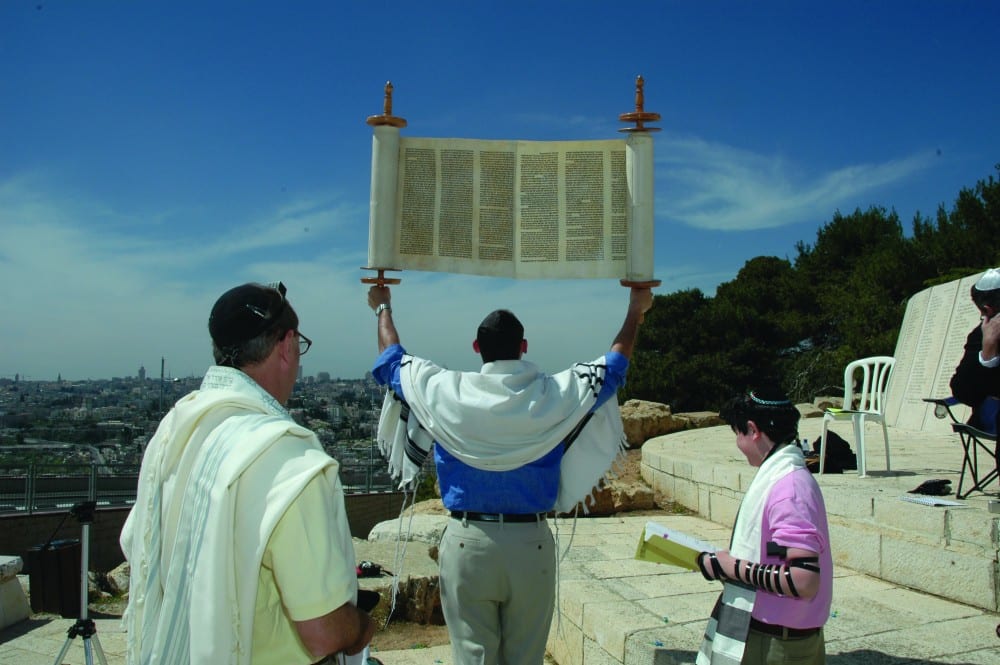
by Shira Schechter (Moderator) | f 15, 2024 | Prayer, Va'etchanan
In 1946, shortly after the end of World War II, Rabbi Isaac Halevi Herzog, the Ashkenazi Chief Rabbi of Mandatory Palestine, traveled to Europe in the hopes of finding Jewish children who had survived the war. He visited a large monastery that was known to have...

by Shira Schechter (Moderator) | f 31, 2024 | Faith, Va'etchanan
This commandment in this verse mandates the writing of this paragraph, Deuteronomy 6:4-9, as well as Deuteronomy 11:13-21, on a parchment scroll which is then mounted on the doorpost of the home. These two passages are “these words” that the Bible mandates to be...

by Rabbi Pesach Wolicki | f 24, 2024 | Faith, Va'etchanan
“You shall bind them as a sign on your arm, they shall be for ornaments between your eyes.” The practice of phylacteries Practically speaking, this verse commands the donning of phylacteries. This daily practice is still done by all Jewish males to this...

by Shira Schechter (Moderator) | f 23, 2024 | Education, Faith, Va'etchanan
Alert: Too many translations! Whenever we find a word that is translated differently by various Bible translations there is a good chance that the Hebrew word in question is worthy of study. This makes sense. If a word is straightforward and easy to translate in...

by Rabbi Pesach Wolicki | f 22, 2024 | Va'etchanan
Deuteronomy 6:6 states: These matters that I command you today shall be upon your heart Today? The word “today” appears to add no value to the plain meaning of the verse. What would have been missing from the verse had it instead read as follows: These...

by Rabbi Pesach Wolicki | f 21, 2024 | Va'etchanan
To any reader of Hebrew, there is one word in this verse that stands out as unusual. The final word of the verse, translated here as “your might”, is me’odecha. The echa at end of the word is a suffix meaning “your”. The word for “might” is me’od. Me’od is a common...


















